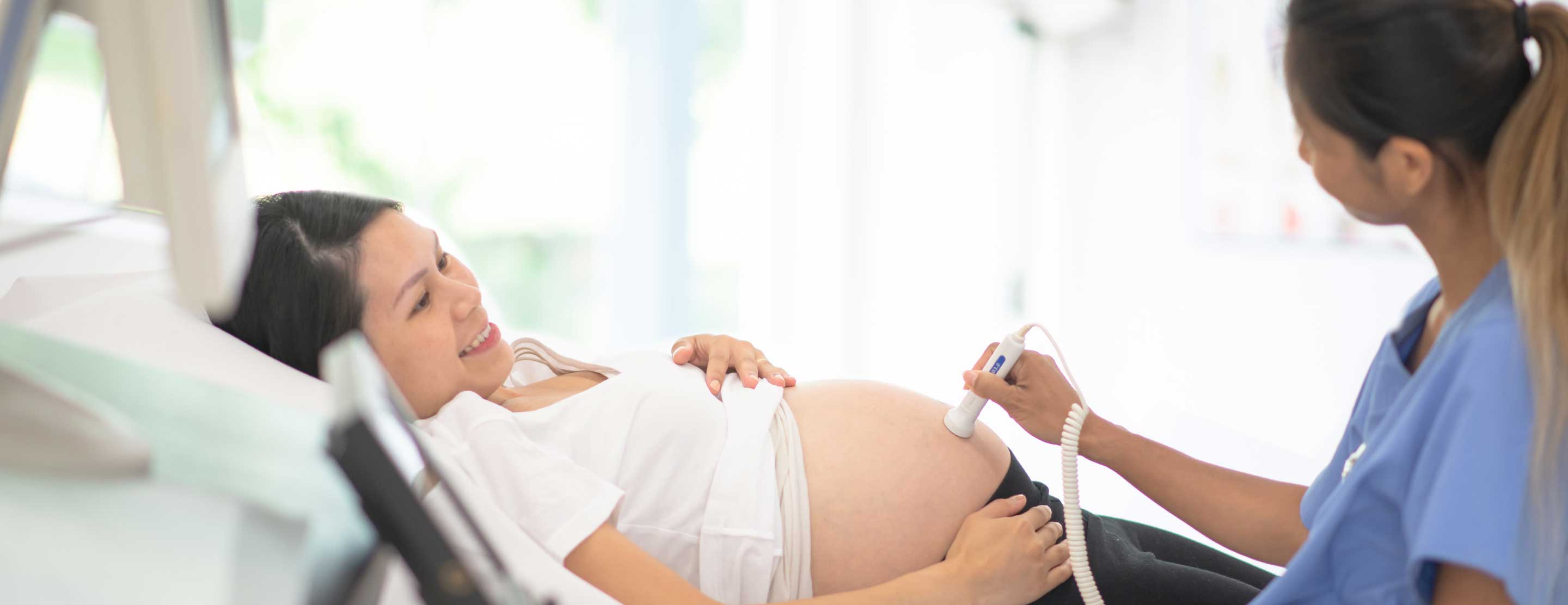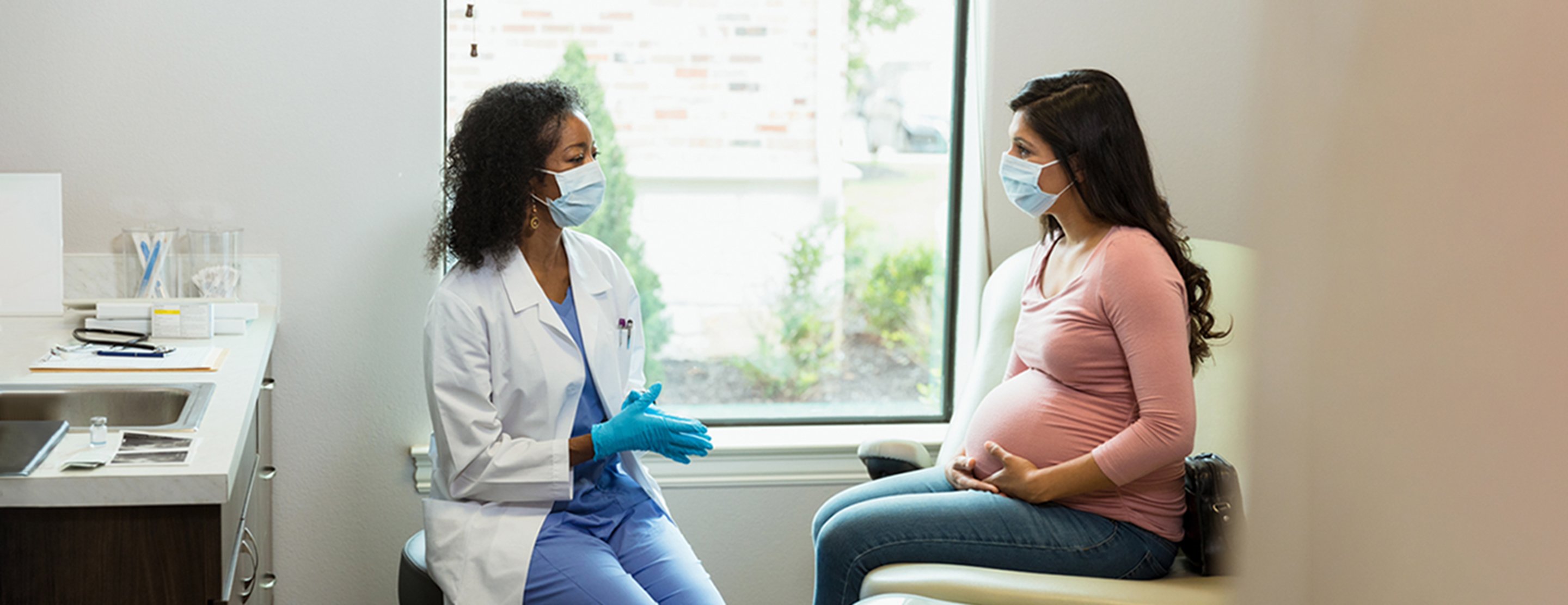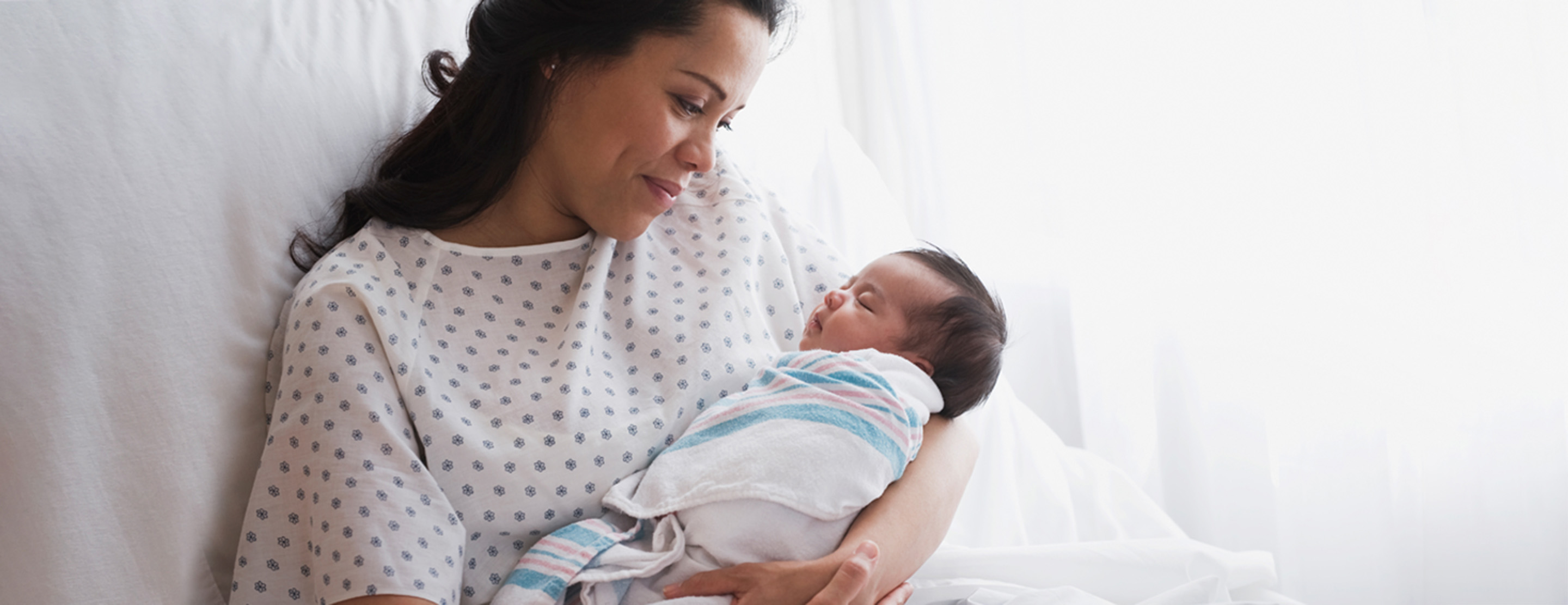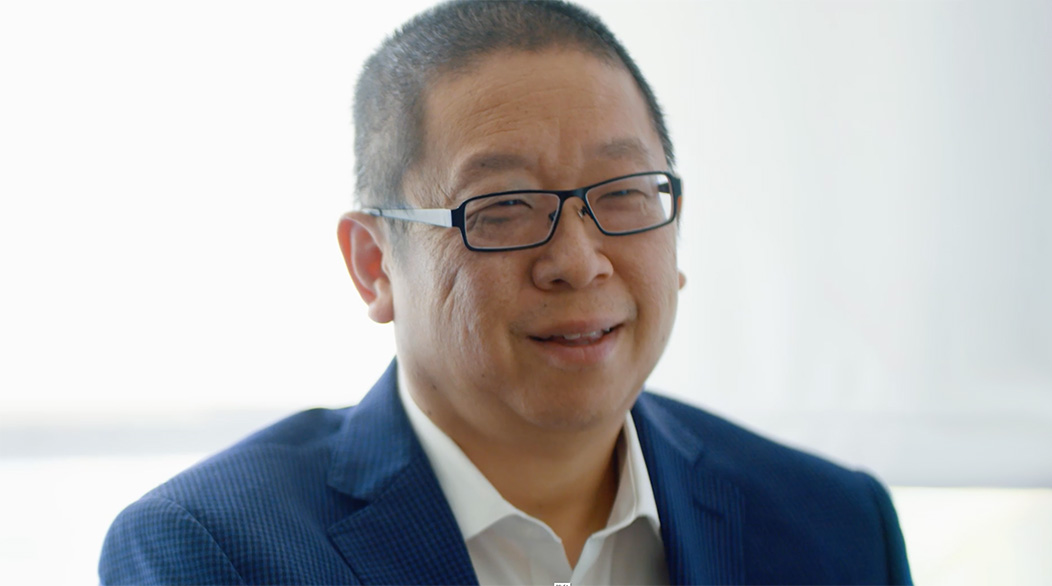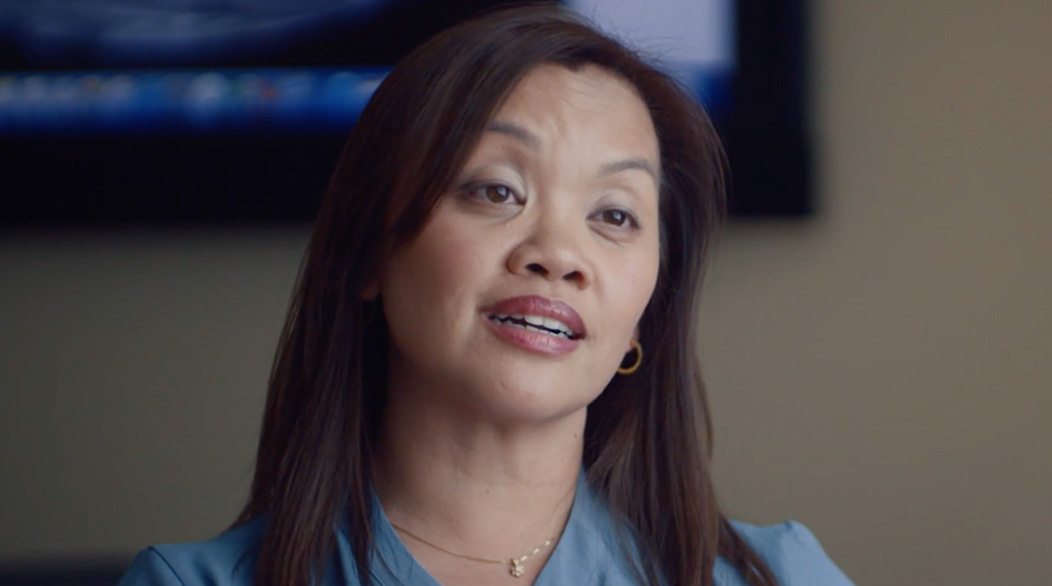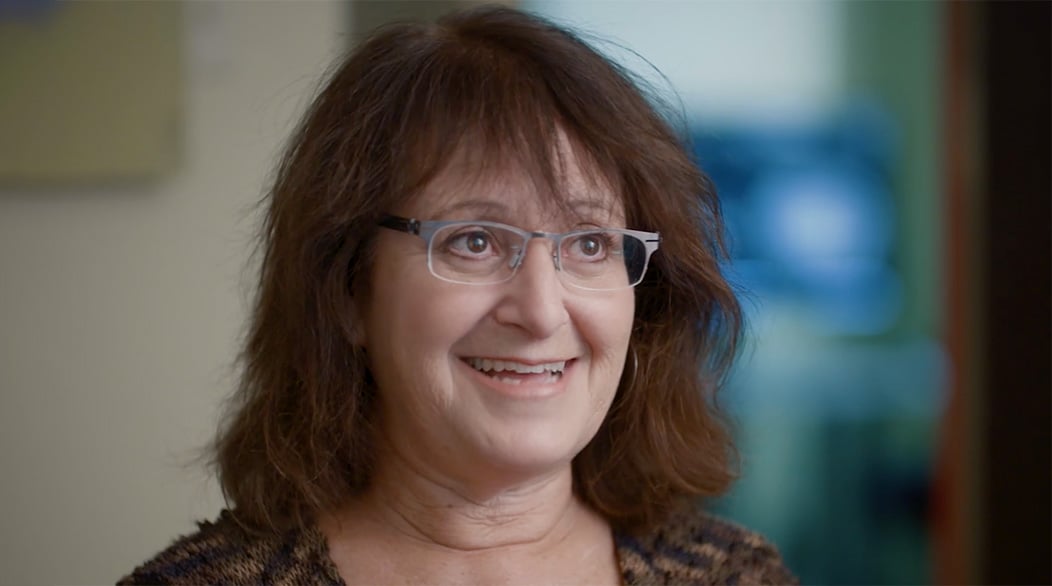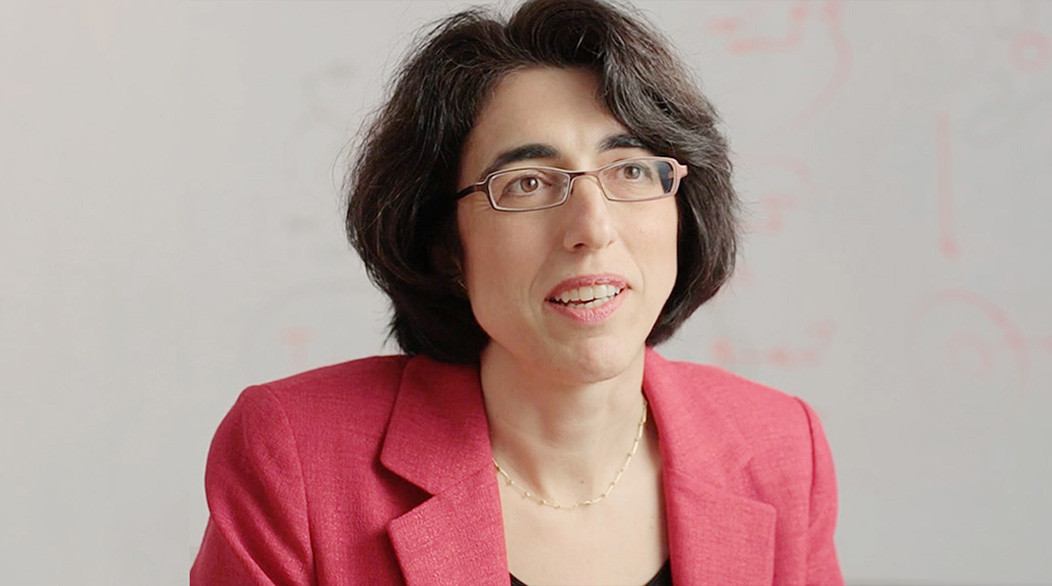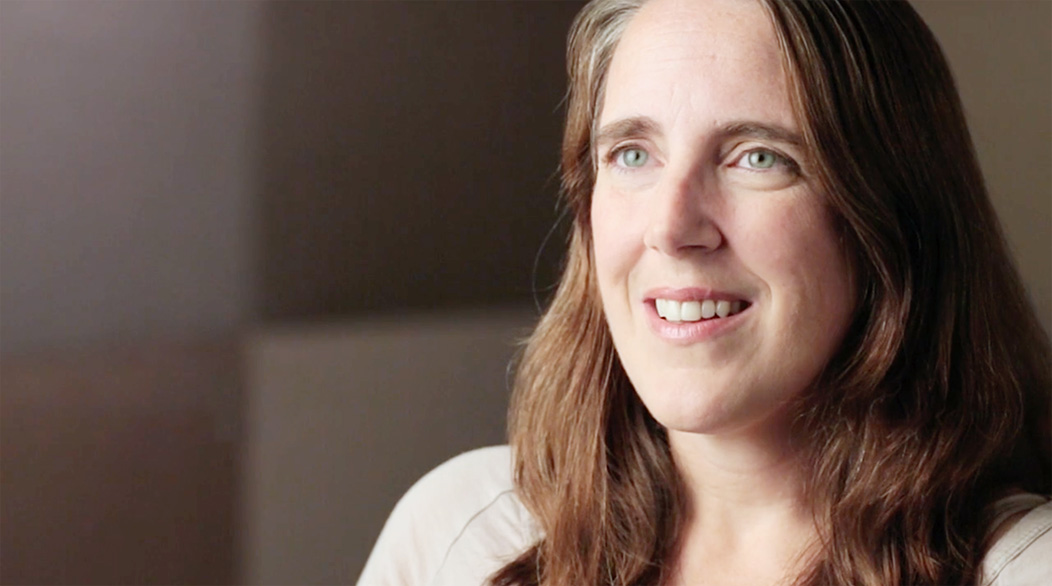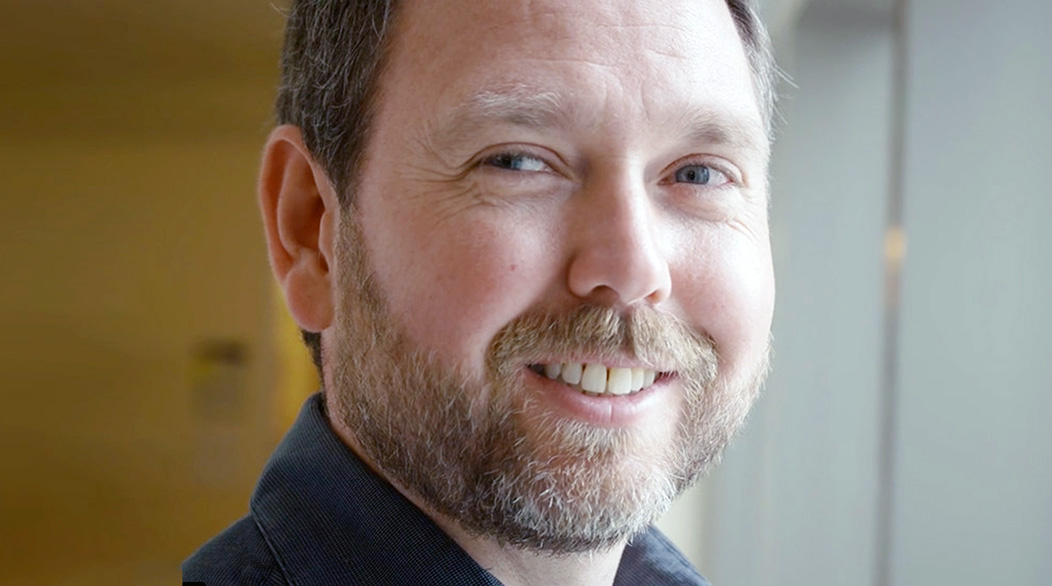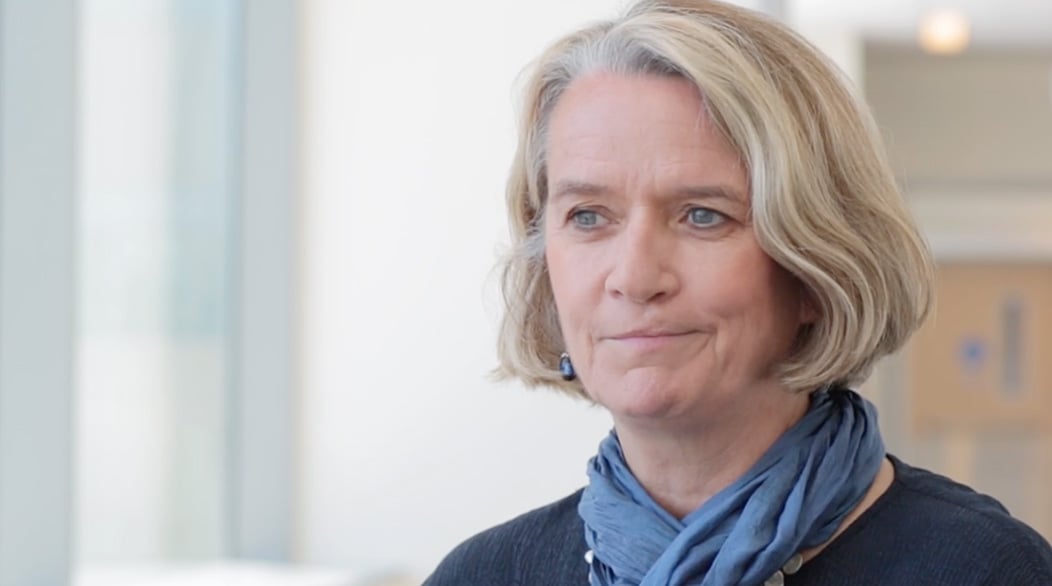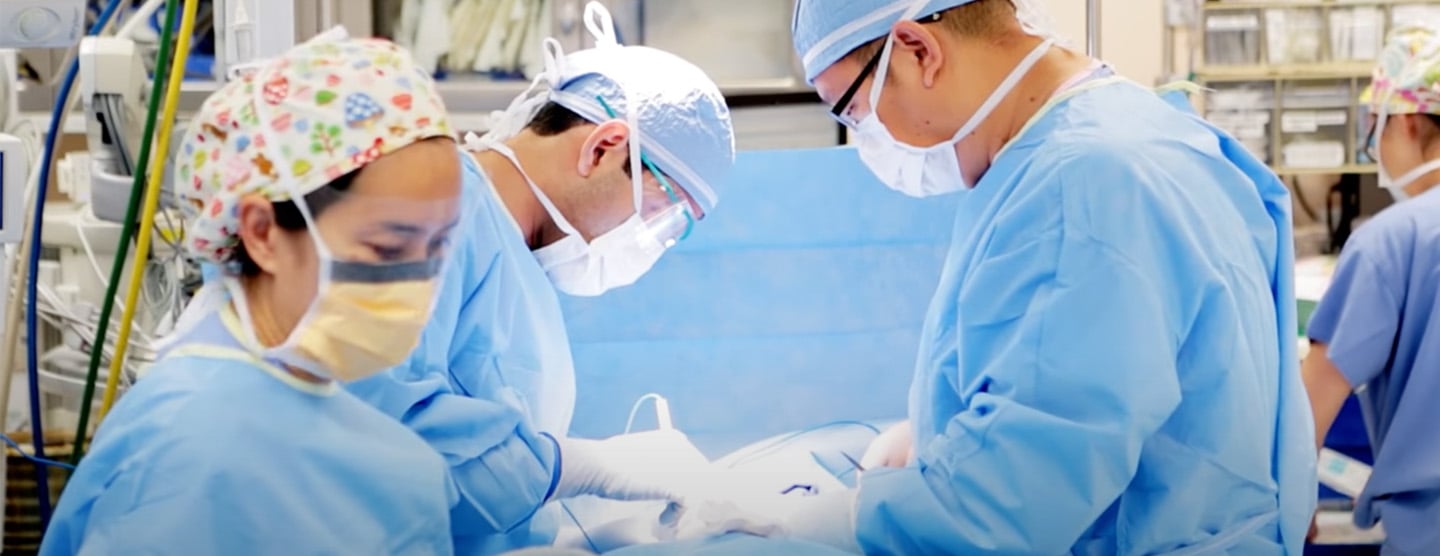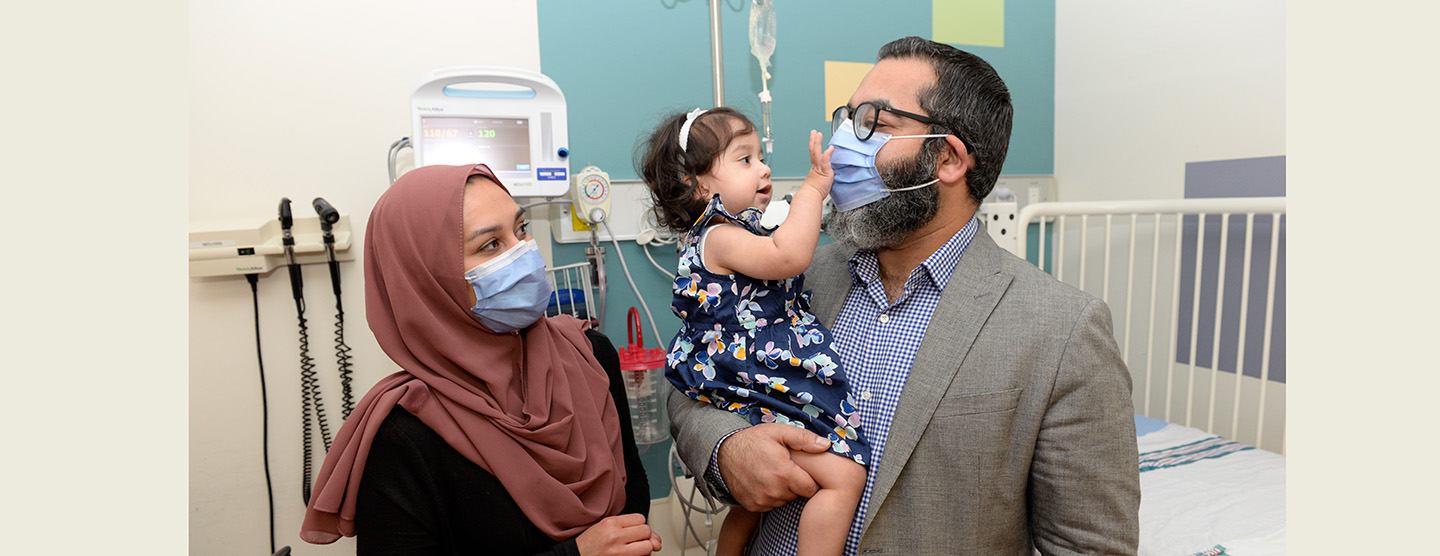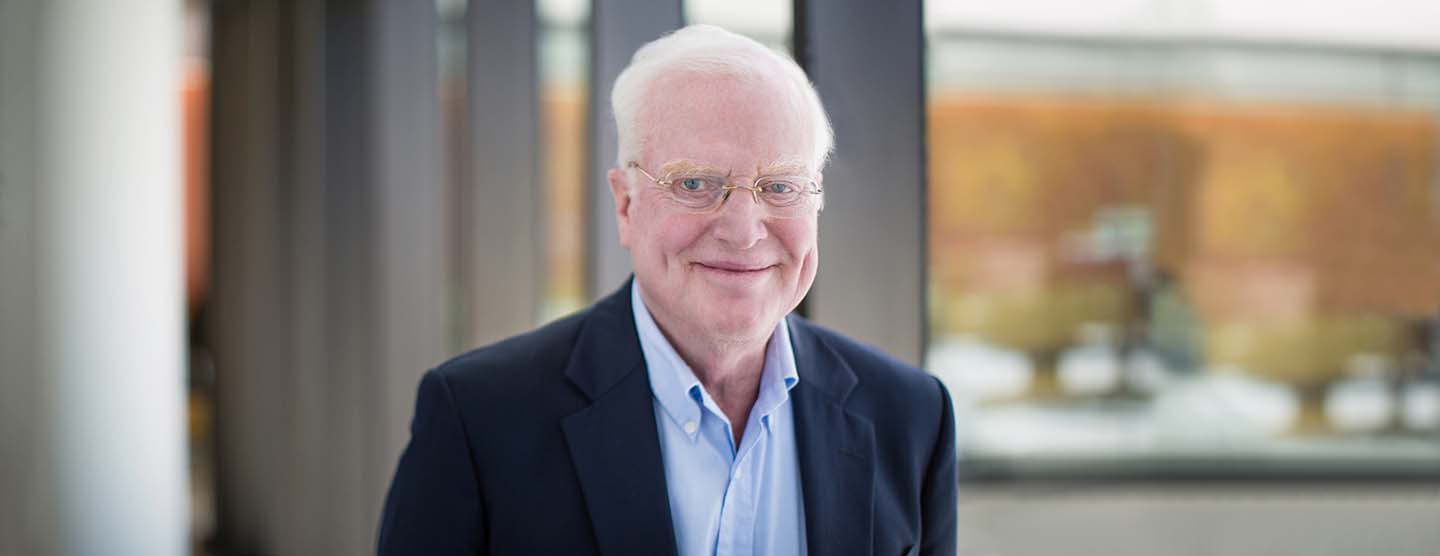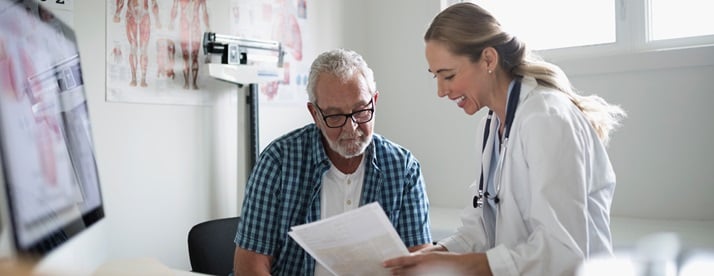
Fetal Treatment Center
Our Fetal Treatment Center is a world leader in diagnosing and addressing birth defects before delivery. We provide care for the full range of fetal defects as well as genetic diseases that can be treated with stem cells, and we’re one of the few centers in the nation with the expertise to handle the most rare and complex cases.
Should your baby need surgery before birth, you’re in good hands. Our center has the most experience with fetal surgery of any institution worldwide, including with less invasive approaches called fetal endoscopic surgery (Fetendo) and image-guided surgery. Many of the fetal surgical techniques now widely practiced were pioneered at UCSF.
A team approach is central to our care. As a patient, your treatment recommendations will be based on input from nearly 50 types of specialists, including fetal and pediatric surgeons, radiologists, perinatologists, neonatologists, pediatric cardiologists, pediatric urologists, geneticists, anesthesiologists, pediatric neurologists, pediatric neurosurgeons, nurses and social workers. By working together, we ensure that our patients receive the highest level of comprehensive care.
Why choose UCSF
Patients experiencing a complicated pregnancy will find that care at UCSF has a number of advantages, such as:
- We’re the only California hospital with a specialized clinic dedicated to long-term follow-up care for children with complex birth defects.
- We’re one of the only hospitals in the nation to offer whole genome sequencing, a leading-edge genetic test for unexplained fetal complications.
- Our nurse concierges seamlessly coordinate care, bringing new patients in the door within one day and providing support throughout the process of prenatal diagnosis, delivery and follow-up.
- In San Francisco, a delivery center adjacent to the intensive care nursery means that parents and babies can remain together during treatment.
- We have dedicated centers of excellence for addressing neurological problems and heart conditions.
Our locations
Special programs
Our team
-

Hanmin Lee
MD
Fetal and pediatric surgeon -

Mary E. Norton
MD
Perinatologist and clinical geneticist -

James Anderson
MD
Neonatologist -

Katherine Connolly
MD
Perinatologist -

Vickie Feldstein
MD
Radiologist -

Marla Ferschl
MD
Pediatric anesthesiologist -

Rebecca Freeman
CGC, MS
Genetic counselor -

Dawn Gano
MD, MAS
Pediatric neurologist -

Neda Ghaffari
MD
Perinatologist -

Orit Glenn
MD
Radiologist -

Ruth Goldstein
MD
Radiologist -

Juan M. Gonzalez-Velez
MD, MS, PhD
Perinatologist -

Kyle D. Heraty
LCGC, MS
Genetic counselor -
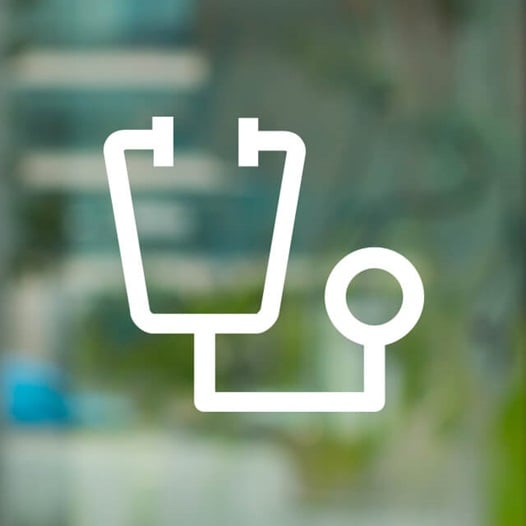
Akos Herzeg
MD, MBA
Perinatologist and fetal surgeon -

Roxanna A. Irani
MD, PhD
Perinatologist -

Roberta Keller
MD
Neonatologist -

Billie Lianoglou
LCGC, MS
Genetic counselor -

Tippi C. Mackenzie
MD
Fetal and pediatric surgeon -

Anita J. Moon-Grady
MD, FACC, FAAP
Pediatric cardiologist -

Francesca Perrone
NP, MSN
Nurse practitioner -

Shabnam Peyvandi
MD, MAS
Pediatric cardiologist -

Liina Poder
MD
Radiologist -

Annalisa Post
MD
Perinatologist -

Larry Rand
MD
Perinatologist -

Sarah T. Russell
LCGC, MS
Genetic counselor -

Janice C. Scudmore
NP
Nurse practitioner -

Elliott H. Sherr
MD, PhD
Pediatric neurologist -

Nasim Sobhani
MD, MAS
Perinatologist -

Teresa N. Sparks
MD, MAS
Perinatologist and clinical geneticist -

Kate Swanson
MD
Perinatologist and clinical geneticist -

Courtney Tong
LCSW, MSW
Social worker
-

Kurtis Auguste
MD
Pediatric neurosurgeon -

Laurence S. Baskin
MD
Urologist -

Paul R. Brakeman
MD, PhD
Pediatric nephrologist -

Michael Brook
MD
Pediatric cardiologist -

Michael Cedars
MD
Plastic surgeon -

Hillary L. Copp
MD, MS
Pediatric urologist -

Jesse Courtier
MD
Pediatric radiologist -

Nicole Cresalia
MD
Pediatric cardiologist -

Adam DeTora
MD
Neonatologist and perinatologist -

Arthur E. D'Harlingue
MD
Neonatologist -

Michael J. DiSandro
MD
Pediatric urologist -

Audrey E. Foster-Barber
MD, PhD
Pediatric neurologist -

Marisa Gardner
MD
Pediatric neurologist and epilepsy specialist -

Ronald George
MD, FRCPC
Anesthesiologist -

Nalin Gupta
MD, PhD
Pediatric neurosurgeon -

Aaron Jensen
MD, MS, FACS
Pediatric and trauma surgeon -

Luke M. Judge
MD, PhD
Neonatologist -

Bamidele Kammen
MD
Pediatric radiologist -

Katelin Kramer
MD, MS
Neonatologist -

Neeru Kaushik
MD
Pediatric cardiologist -

Kimberly Larson
MD
Neonatologist -

Yi Li
MD
Radiologist -

Christina Lo
MD
Pediatric nephrologist -

Leslie Lusk
MD
Neonatologist -

Nandita Mandhani
MBBS
Neonatologist -

Hythem Nawaytou
MBChB
Pediatric cardiologist -

Vivienne Newman
MD
Pediatric critical care medicine specialist -

Christopher Newton
MD, FACS, FAAP
Pediatric and trauma surgeon -

Amar Nijagal
MD
Pediatric surgeon -

Aris H. Oates
MD
Pediatric nephrologist -

Doruk E. Ozgediz
MD, MSc
Pediatric surgeon -

Mark Petersen
MD
Neonatologist -

Emilio Quezada
MD
Pediatric cardiologist -

V. Mohan Reddy
MD
Pediatric heart surgeon -

Elizabeth E. Rogers
MD
Neonatologist -

Eve Rorison
PNP, MSN
Nurse practitioner -

Howard M. Rosenfeld
MD, FACC
Pediatric cardiologist -

Janet Shimotake
MD
Neonatologist -

Thomas Shimotake
MD
Neonatologist -

Dorothy Shum
MD
Radiologist -

Peter P. Sun
MD
Pediatric neurosurgeon -

Yao Sun
MD, PhD
Neonatologist and perinatologist -

Anna Tran
PNP, MSN
Pediatric nurse practitioner -

Lan Vu
MD
Fetal and pediatric surgeon -

Alexander Wai
MD
Pediatric radiologist -

Erica Winnicki
MD
Pediatric nephrologist
Meet our providers
Hear from our providers about how they center the needs of patients and families in their work.
Explore what we do
Fetal therapy for lysosomal storage diseases
An experimental enzyme treatment, delivered in utero, offers new hope to patients with rare and often fatal genetic disorders. (Image courtesy of André Coutu/Children's Hospital of Eastern Ontario)
Awards & recognition
-
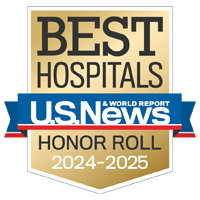
Among the top hospitals in the nation
-

Top 10 in the nation for neonatology (UCSF Benioff Children's Hospitals)
-
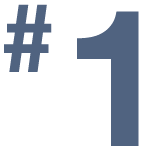
in number of fetal surgery clinical trials
-
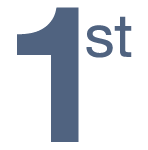
successful open fetal surgery in the world
-

families treated from all 50 states and dozens of countries
-

fetal treatment center in the nation
Cutting-edge research
Our experts have led or participated in every fetal treatment study sponsored by the National Institutes of Health. This pioneering research includes clinical trials of promising new therapies and supports the advanced care we provide.
Clinical trials
Pilot Trial of Fetoscopic Endoluminal Tracheal Occlusion (FETO) in Severe Left Congenital Diaph...
Number of effective placements of balloon to occlude trachea via fetoscopy by performing Fetoscopic Endoluminal Tracheal Occlusion (FETO) in fetuses with severe left congenital diaphragmatic hernia (CDH), as defined by lung to hea...
Recruiting
Our research initiatives
-
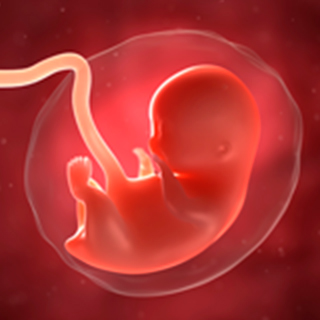
UCSF Fetal Treatment Center Research
Since its founding, the UCSF Fetal Treatment Center has been on the forefront of fetal therapy research. Together, researchers and doctors from many disciplines work to improve options for the smallest patients.
Michael R. Harrison, M.D.
In 1981, Dr. Michael Harrison performed the first successful open surgery on a child still in the womb to correct a life-threatening birth defect, making UCSF the birthplace of fetal surgery. He co-founded and is director emeritus of UCSF's Fetal Treatment Center, a world leader in treating complex birth defects before and after birth.
Plan your visit
What to Bring
- Photo I.D.
- Health insurance card
- Insurance authorization, if required
- Doctor's referral, if required
- Recent test results related to your condition
- List of your medications, including dosages, plus any you're allergic to
- List of questions you may have
- Device or paper for taking notes






